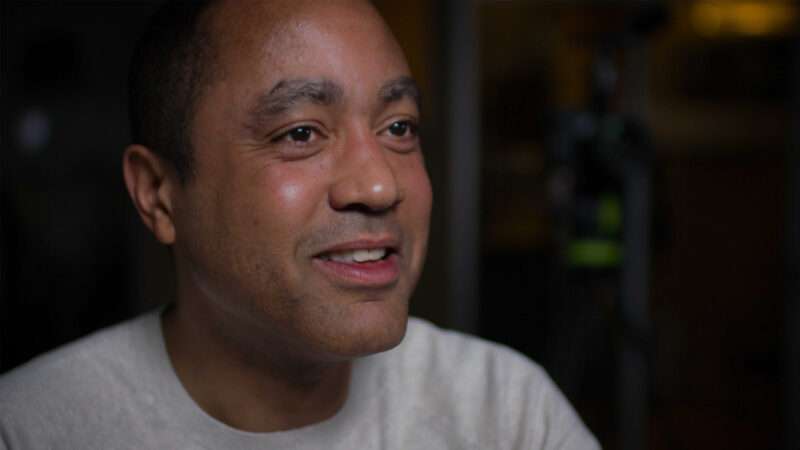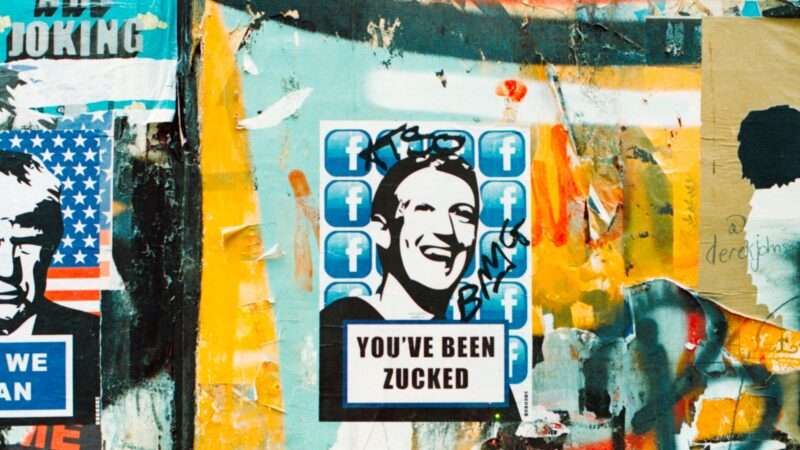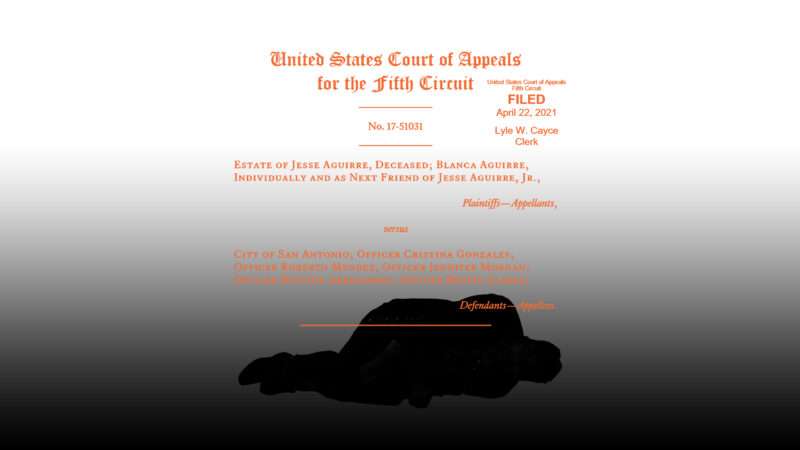Over the past two days, and in a forthcoming article excerpted here, I have argued that U.S. law allows foreign dictators to take advantage of our courts and that they are increasingly doing so. While lawsuits against Russia, Venezuela, and China are quickly dismissed, lawsuits by Chinese, Venezuelan, and Russian government proxies successfully impose costs on dissidents and newspapers in the U.S. Yesterday, I ended with a key question: Are U.S. courts obligated to give foreign dictators easy access to our courts as plaintiffs and protections when they are defendants?
Today, I explain why the answer to that question is “No.” In short, there is no “solid grounding for a slavish adherence to an equal treatment principle”—U.S. courts can make it more difficult for foreign dictators to file claims in our courts and they can provide fewer protections when those dictators are defendants. (For those of you eager to hear my specific solutions or prescriptions, I will discuss my proposals for how to deal with these cases in the last post, two days from now).
There are at least four reasons to reject an inflexible equal treatment principle. First, neither international nor domestic law imposes an obligatory equal treatment principle in any way:
Courts are not generally bound by any statute, doctrine, or constitutional principle to treat foreign dictators the same way as they do other foreign governments. Let’s begin with Justice Story’s maxim that “whatever force and obligation the laws of one country have in another, depend solely upon the laws and municipal regulations of the latter; that is to say, upon its own proper jurisprudence and polity, and upon its own express or tacit consent.” This widely accepted maxim means that whatever respect U.S. courts owe to foreign countries is rooted in domestic law—constitutional provisions, statutes, or common law doctrines. But none of these three sources seem to impose an equal treatment requirement.
The Constitution certainly does not impose a requirement of equal treatment. Article III provides that “(t)he judicial Power shall extend to all Cases … between a State, or the Citizens thereof, and foreign States, Citizens or Subjects.” But this provision hinges on whether the government recognizes a foreign entity as a “state” that can sue or be sued in U.S. courts. And on whether Congress authorizes subject matter jurisdiction… [That is why] courts have long denied the privilege of suit to “governments at war with the United States” and “those not recognized by this country.” This shows that there has never been a textually-grounded and inflexible equal treatment principle
Nor do statutes provide an obligation of equal treatment, except in the important context of foreign sovereign immunity. The FSIA grants immunity to all “foreign states.” Courts have … made clear that if an entity is recognized as a state, immunity follows… Even more, the FSIA’s exceptions distinguish among states sponsors of terrorism, states that engage in commercial activities, and states that waive immunity. By singling out some kinds of states based on conduct (not status) but not others, the statute removes any judicial flexibility to treat countries differently.
While the FSIA imposes an equal treatment principle, the statute does not extend to most of the doctrines that matter in this context: the privilege to bring suit, act of state recognition, or head-of-state and official immunity. These doctrines are instead mostly governed by principles of international comity, which are not “a matter of absolute obligation” under constitutional or international law. The array of doctrines that emerge out of international comity are subject to judicial interpretation and have undergone dramatic change over time. That is why the privilege to bring suit in U.S. courts is, after all, a privilege, subject to control by courts, Congress, and the executive. And that is also why courts exempt countries at war with the United States or those that the executive does not recognize. Simply stated, principles of international comity do not impose an equal treatment obligation at all.
Second, some courts have recognized a series of “anti-comity” doctrines that arguably give judges flexibility to shape the privilege to bring suit, act of state, and foreign official immunity:
Scholars and courts have long recognized situations where U.S. courts can refuse to enforce foreign government actions and can draw distinctions between regimes. In some cases, U.S. courts judge the quality of foreign laws and legal systems. For instance, U.S. courts “refuse to enforce a foreign judgment or foreign law if doing so would violate American public policy.” In conflict of law analyses, too, courts reject foreign laws that conflict with U.S. public policy.
One important area where courts judge the quality of foreign legal systems is foreign judgment recognition and enforcement. Parties who obtain judgments in a foreign judicial system can domesticate those judgments in U.S. court by filing a recognition claim (governed by state law). Facing those kinds of claims, U.S. courts have unequivocally held that they “will not enforce judgments that result from an unfair system or an unfair process.” Importantly, courts scrutinize foreign judicial systems, evaluating whether they provide due process protections, are corrupt, or even dominated by authoritarian governments. For instance, in Osorio v. Dole Food Co., the district court refused to enforce a Nicaraguan award because it found, among other things, that the country had a corrupt judicial system subject to authoritarian interference…
In some cases, courts have also refused to grant forum non conveniens motions because foreign countries were under a repressive government. During an FNC motion, courts must analyze the “adequacy” of a potential foreign forum. In doing so, judges have taken into account whether the forum is located in an autocratic country. For example, in Canadian Overseas Ores, Ltd. v. Compania de Acero del Pacifico S.A., the court rejected a motion to dismiss a case involving Chilean connections (during the Pinochet regime) because there were “serious questions about the independence of the Chilean judiciary vis a vis the military junta currently in power.” In Rasoulzadeh v. Associated Press, the court rejected an FNC motion because it had “no confidence whatsoever in the plaintiffs’ ability to obtain justice at the hands of the courts administered by Iranian mullahs. On the contrary, I consider that if the plaintiffs returned to Iran to prosecute this claim, they would probably be shot.” … Based on some of these cases, a California court explicitly found a “dictatorship” exception to forum non conveniens motions.
All of these cases are not neutral as to regime type. They instead exemplify the authority of U.S. courts to discriminate against dictatorships.
All of this means that “courts can treat foreign countries differently and can judge foreign dictatorial regimes, especially when dictators challenge U.S. constitutional rights.”
Third, “[w]hile Congress has long embraced the equal treatment principle in statutes like the FSIA, a recent series of statutes and executive branch initiatives may signal a push against foreign authoritarian governments. Of course, the political branches are explicitly empowered to make determinations about foreign policy and have always made political decisions about foreign regimes. So we should be wary of drawing explicit links between political and judicial approaches. But these new initiatives offer two lessons: (1) by allowing claims against certain autocratic regimes, they push the judiciary to host cases against foreign autocrats and (2) they create tools and space for the judiciary to understand how to judge foreign dictatorships.” For example:
The Department of Justice now treats foreign corrupt regimes differently through the Kleptocracy Asset Recovery Initiative. Attorney General Eric Holder created the initiative in 2010, premised on the idea that foreign corrupt governments were taking advantage of the United States to store “ill-gotten” gains. KARI attempts to stymy efforts by foreign governments to use the United States as a safe haven for corrupt money by empowering DOJ to pursue forfeiture complaints. Assistant AG Lanny Breuer explicitly defended the initiative as a way to avoid sovereign or official immunity. Under KARI, DOJ prosecutors find and seize these U.S.-based assets through civil forfeiture actions in U.S. court. Following civil forfeiture, the DOJ can repatriate this money to the country or individuals from which it was taken.
KARI stands for the principle that as a matter of executive policy and DOJ discretion, foreign kleptocracies deserve special prosecutorial and judicial attention.
Congress too has supported this:
Statutes or congressional amendments like the Torture Victim Protection Act of 1991, Justice Against Sponsors of Terrorism Act (JASTA) of 2016, Antiterrorism and Effective Death Penalty Act of 1996, and the Hickenlooper amendment—as well as the ATS—have specifically targeted states that sponsor terrorism, violate international law, or illegally expropriate property. While parts of these statutes are facially neutral, they increasingly funnel authoritarian states and officials into the American legal system. This approach—along with older FSIA exceptions—perhaps shows Congress’ intent to weaken sovereign immunity in order to hold foreign illiberal regimes liable. Courts can draw from these principles to inform the common law of foreign relations.
Fourth:
Although it is not part of customary international law, the would-be doctrine of odious debts may also support the unequal treatment of autocracies vis-à-vis other government types …. Ordinarily, international law holds that new regimes inherit any debts incurred by previous regimes in control of the same territory. Debts, in other words, are incurred by sovereigns, not regimes. But the would-be doctrine of odious debts—to the extent we can call it a “doctrine”—provides an exception. It holds that debts incurred during the rule of a “despotic power” do not necessarily bind successor democratic regimes, who may choose to repudiate these previous debts. Under the standard formulation, a sovereign debt is presumptively odious if: “[1] the debt is contracted by a despotic power, [2] for a purpose that is not in the general interests or needs of the state, and [3] the lender knows that the proceeds of the debt will not benefit the nation as a whole.”
In conclusion:
All of the above suggests that courts can treat foreign dictatorships differently. The analysis is necessarily one-sided because it focuses on counterarguments to the current status quo. But this is a robust combination. No statute or constitutional provision mandates equal treatment of all foreign regimes. And a series of doctrines and decisions actually allow discrimination against foreign dictatorial governments … . Even under customary international law there is “no clearly established general obligation on a state not to differentiate between other states in the treatment it accords to them.”
If courts can discriminate against foreign dictatorships, should they? Although you may find it surprising, I’ll discuss tomorrow why my answer to that question is “Probably not.”

from Latest – Reason.com https://ift.tt/3h1kl7l
via IFTTT



